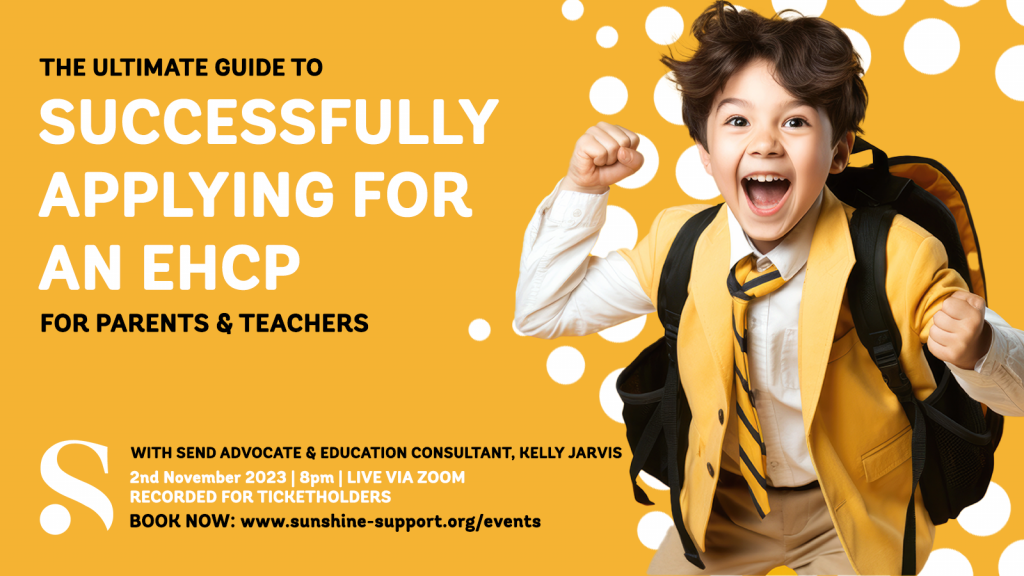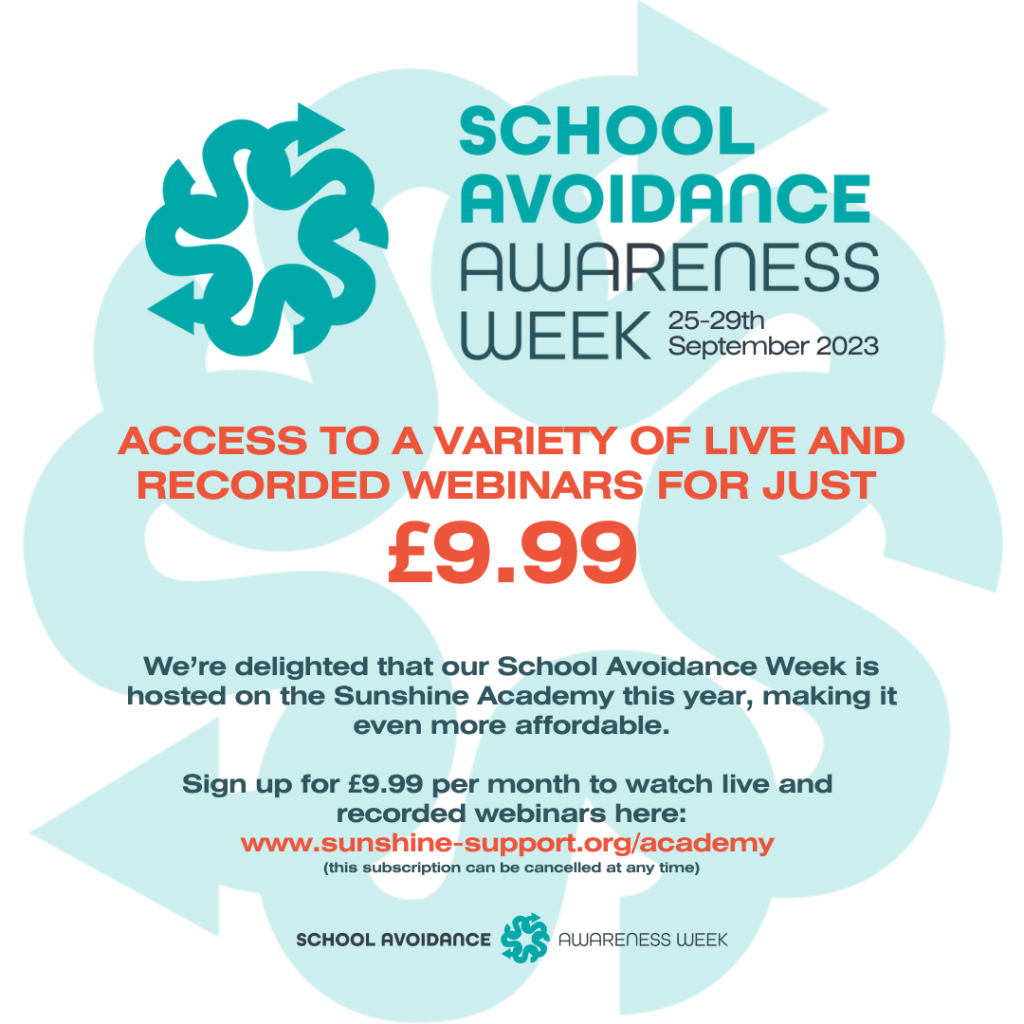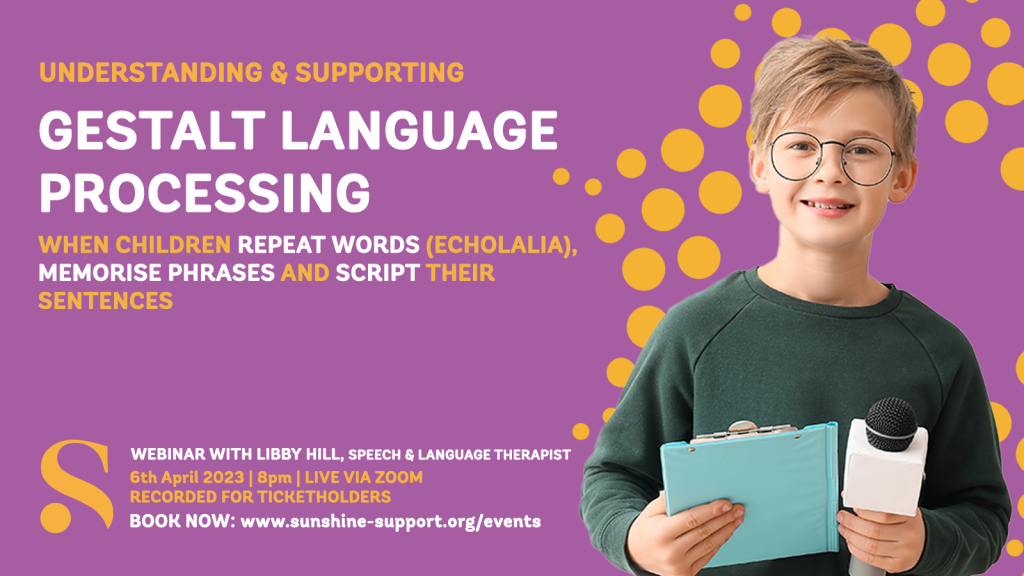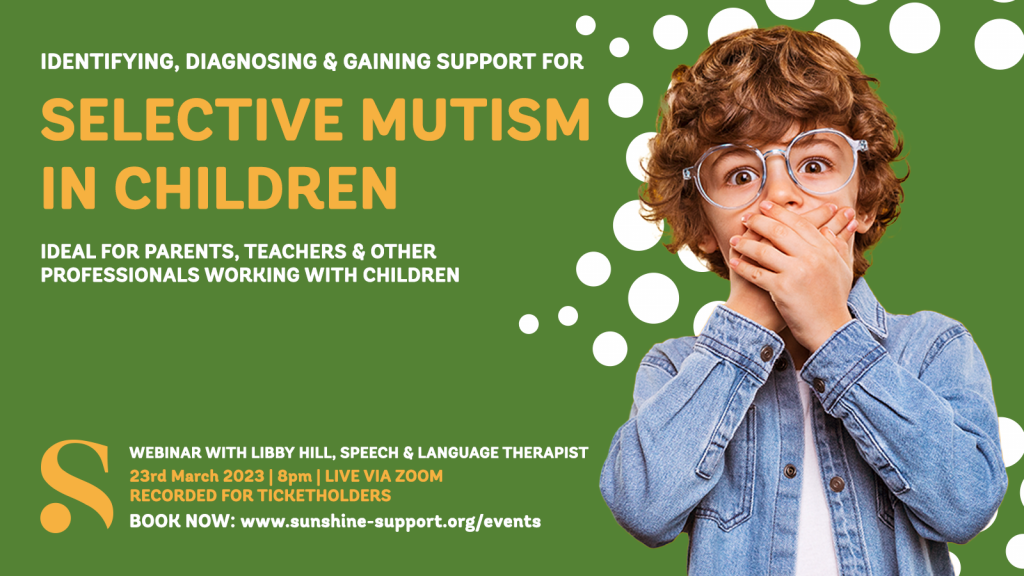Disordered Eating vs. Eating Disorders

As a parent it can be heart-breaking to watch your child struggle with their food. Whether this is seen as ‘picky eating’ or something else, it’s hard to understand when it’s an actual problem and how we go about helping them.
We’ve all heard the terms “disordered eating” and “eating disorders”, but are they really the same? Let’s clear this up…
The Benefits of Learning Makaton

Communication is the cornerstone of human interaction. It’s how we express our needs, thoughts, and feelings, fostering connections and understanding. But what if your child struggles to communicate verbally? How can you bridge that gap and ensure they feel heard and understood?
Understanding Your Legal Rights as a Parent: Navigating School Exclusions
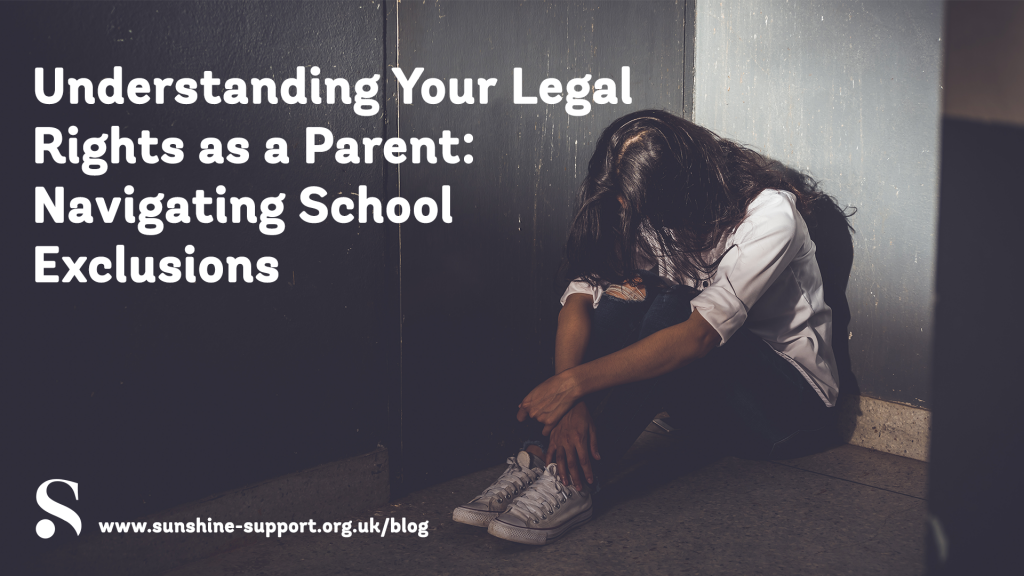
In this guide, we’ll break down the different types of exclusions and empower you with the knowledge you need to advocate for your child effectively.
There are only two types of exclusion from a school which are lawful: permanent and fixed-term (which is called a “suspension”).
Pre-Action Protocol and Judicial Review – Your Legal Rights

As parents, we want the best for our children, especially when it comes to their education. When local authorities fall short of their legal responsibilities in processing Education, Health, and Care (EHC) needs assessments or managing the EHCP (Education, Health, and Care Plan), it can be a stressful and frustrating experience. However, it’s essential to know that you have legal rights and recourse to hold the council accountable for their actions. In this article, we’ll guide you through the process of ensuring that your child receives the support they deserve.
What is Rejection Sensitive Dysphoria?

Rejection Sensitive Dysphoria is a symptom of ADHD not listed in the DSM-5 and is considered as a form of emotional dysregulation. It is extremely common (around 95% of ADHDers experience it) in both children and adults with ADHD, but as there is still very little research it is unclear whether it is a trait exclusive to people with ADHD.
What is Gestalt Language Processing?

What is meant by Gestalt Language Processing? And how can we support this style of language development?
Selective mutism is not elective, and this is why

Do you find that your teenager struggles to speak in some situations or environments, when otherwise they speak with ease and clarity? This could mean they are experiencing selective or situational mutism. For teenagers who are experiencing selective mutism, the issue can be long-standing and complex. We know that they can’t control when it happens […]
The Truth about Autism and Mental Health

The Shocking Statistics… Many autistic people struggle with their mental health. Research shows over 40% of autistic people have anxiety disorders (Tantam & Girgis, 2009; Hollocks et al 2019) and approximately 30% of autistic people have depression (Ghaziuddin et al 1998, Hollocks et al 2019). Other mental illnesses, such as psychosis and eating disorders, to […]

